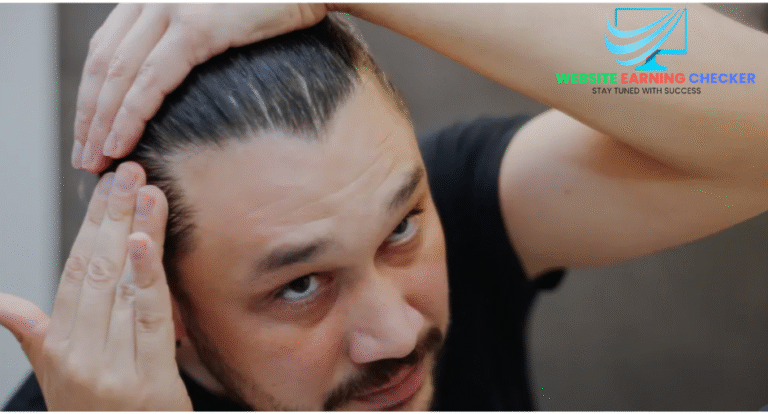
Introduction:
Hair fall has become a common concern for millions around the world, fueled by stress, poor diet, pollution, and harsh hair care habits. But according to dermatologists and hair specialists, regaining strong, healthy hair doesn’t have to be a long wait. With the right daily practices and expert-recommended changes, you can stop hair fall fast—and stimulate stronger hair growth naturally.
1. Nourish From Within: Focus on Hair-Healthy Foods
A nutrient-rich diet is your first defense against hair fall. Include foods high in:
- Protein (eggs, fish, legumes)
- Iron (spinach, red meat, lentils)
- Zinc & Biotin (nuts, seeds, whole grains)
- Omega-3 fatty acids (salmon, walnuts, flaxseeds)
Deficiencies in these nutrients are often linked to thinning hair and breakage.
2. Scalp Care Is Key: Keep It Clean and Stimulated
Experts stress that a clean, well-circulated scalp encourages hair growth.
- Massage your scalp for 5–10 minutes daily using fingertips or essential oils like rosemary or peppermint.
- Use a gentle, sulfate-free shampoo to cleanse without irritation or dryness.
- Exfoliate your scalp once a week to remove buildup and promote better absorption of hair care products.
3. Avoid Heat and Harsh Chemicals
Heat styling tools, frequent coloring, and chemical treatments can weaken the hair shaft. Limit their use and always apply a heat protectant. Consider switching to natural or ammonia-free hair products to reduce long-term damage.
4. Choose the Right Hair Products
- Anti-hair fall shampoos with ingredients like caffeine, keratin, or onion extract can strengthen hair at the root.
- Use lightweight conditioners to prevent buildup and avoid applying conditioner directly to the scalp.
- Opt for leave-in serums or oils containing argan oil or castor oil to support hair health.
5. Reduce Stress to Prevent Hair Loss
Stress-induced hair fall, known as telogen effluvium, is more common than you think. Incorporating stress-reducing activities like yoga, meditation, or brisk walks can help restore hormonal balance and reduce shedding.
6. Protect Hair While Sleeping
Switch to a silk or satin pillowcase to reduce friction, which can lead to breakage. Tie your hair loosely before bed and avoid sleeping with wet hair.
7. When to Seek Medical Help
If you’re experiencing excessive or sudden hair loss, consult a dermatologist. Conditions like alopecia areata, thyroid imbalance, or scalp infections may require medical intervention or prescribed treatments.
Expert Insight:
“Early action is key,” says Dr. Aarti Bansal, a trichologist. “The sooner you address hair fall, the easier it is to control. With consistent care and the right approach, most people see visible improvement within a few weeks.”
Conclusion:
Stopping hair fall doesn’t require expensive treatments—just the right knowledge and consistency. By following these expert-backed tips, you can restore your hair’s strength, reduce breakage, and regain confidence in your look naturally.






